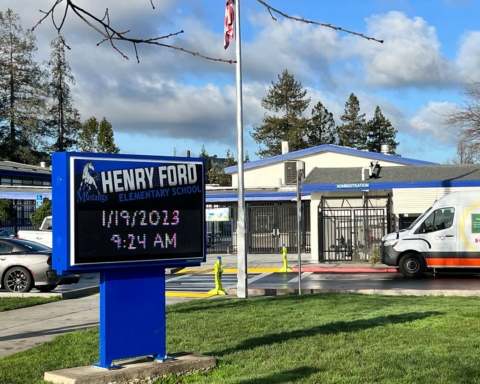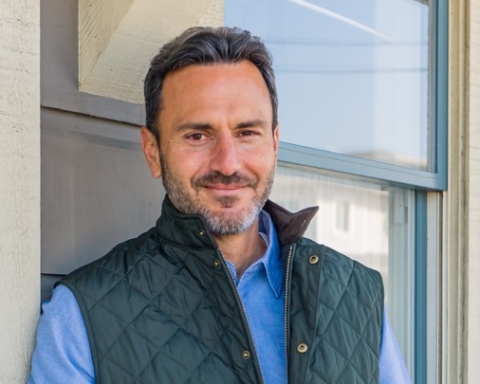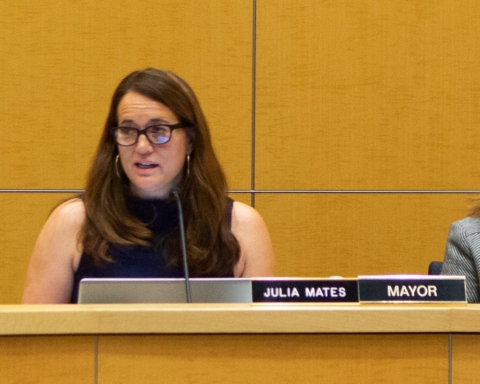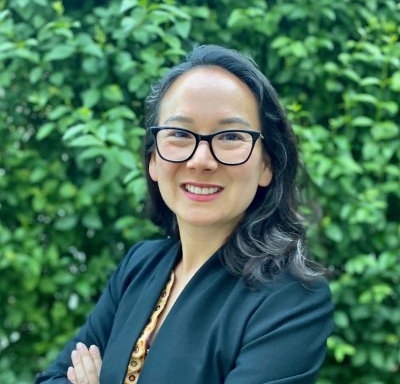In a break from 128 years of precedent, two of San Mateo’s newly-elected Councilmembers — Lisa Diaz Nash and Robert Newsom — rejected installing Councilmember Amourence Lee as the city’s next mayor on Monday, even though it is Lee’s turn to hold the position according to longstanding protocol and established City policy.
Their votes, which caused a 2-2 Council stalemate due to Diane Papan’s ascension to the State Legislature, leaves the city without formal leadership, triggering a potential governance crisis with no apparent resolution in sight. But the contentious tone of Monday’s seven-hour long meeting has drawn concern over the polarized nature of a new San Mateo City Council that cannot come to agreement on what is generally considered a routine and ceremonial appointment in most San Mateo County cities.
Around 3 a.m. Tuesday, the Council decided to delay the vote to Dec. 7. The city initiated the process to select a new member to the vacant seat as early as Dec. 12.
In San Mateo, the City Charter states that the City Council is to select among its members a mayor and a vice mayor, setting up a rotation mayor system similar to most jurisdictions on the Peninsula. The Council later adopted a policy that determines the order of the rotation, which would have placed Councilmember Lee on the seat. Lee, who finished ahead of Nash in the 2020 election, is the only member of the Council who had been elected prior to the 2022 November election. She’s also the only remaining member who was elected by all city residents, prior to the transition to district elections.
Councilmembers Nash and Newsom held firm that the decision on next mayor and vice mayor should be delayed despite the recommendation from city staff to reach a decision by Monday.
Their decision drew criticism on social media, as well as from officials beyond the city’s borders. Redwood City Mayor Giselle Hale was among leaders of area jurisdictions calling upon the San Mateo City Council to abide by city policy and precedent and name Lee as San Mateo’s mayor.
Late last night in San Mateo, two brand new councilmembers blocked the first AAPI woman from North Central, the city's formerly redlined + only majority POC neighborhood, from becoming mayor, despite it being her turn.
As a San Matean, I'm ashamed, embarrassed, and furious.
— Jordan Grimes 🚰 (@cafedujord) December 6, 2022
Further compounding the tensions, the Council will also have to appoint a fifth councilmember to replace Papan within 30 days of the vacancy. Should the Council be unable to reach consensus on appointing its fifth member, the Mayor is tasked with breaking the tie.
The Council would enter uncharted waters— and a major crisis of governance— should the council be unable to elect a Mayor and appoint a fifth member.
This article has been updated to reflect that Belmont Mayor Julia Mates did not speak to the rotation issue.






